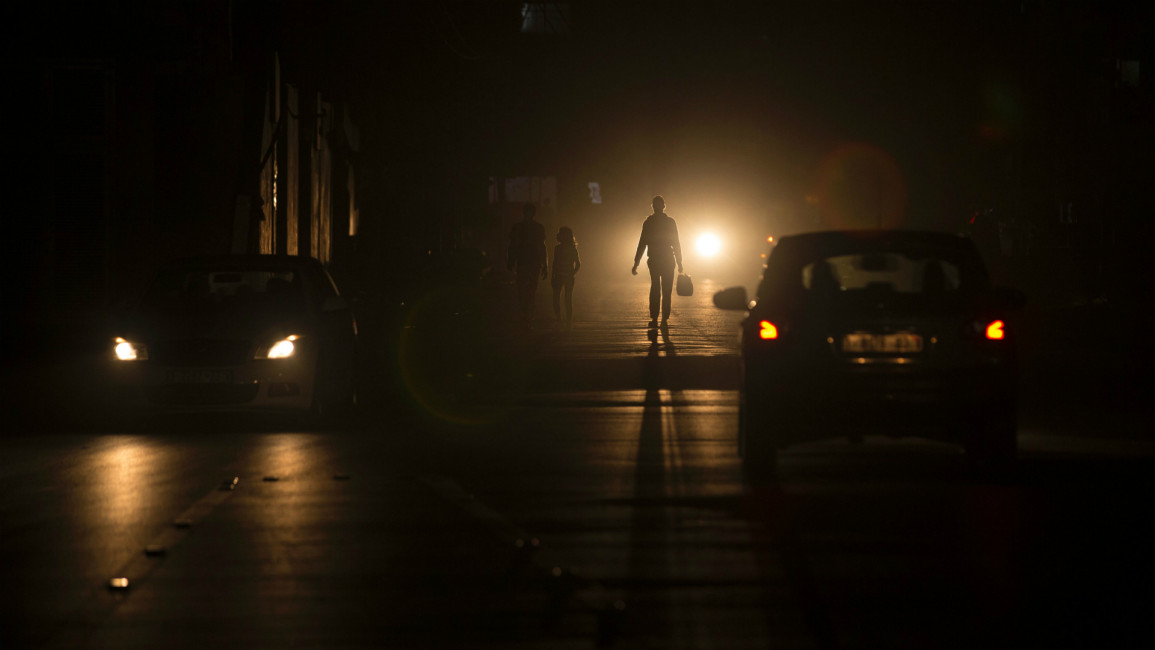Gaza has effectively been under siege by Israel since Hamas came to power in 2007, but has received most of its electricity and fuel from Israel ever since - subsidised by the PA.
A similar blockade from the Egyptian side of the border has exasperated the problems for Gazans, which energy, food, fuel, medical supplies and building materials are in short supply.
In April, the PA began to end energy payments, causing frequent power cuts in Gaza and severe pressure on regional hospitals.
The World Health Organisation warned in June that the blackouts threatened Gaza's health service provision and placed people's lives at real risk.
In order to reverse this trend however, Abbas said he was ready to resume payments in exchange for a power-sharing deal from Hamas.
Hamas published a rewrite of its charter in May, with a reconciliatory nod towards the PA - the first step towards reconciliation.
"Hamas emphasises the need to build Palestinian institutions and national platform on solid and correct democratic bases," the new charter reads.



